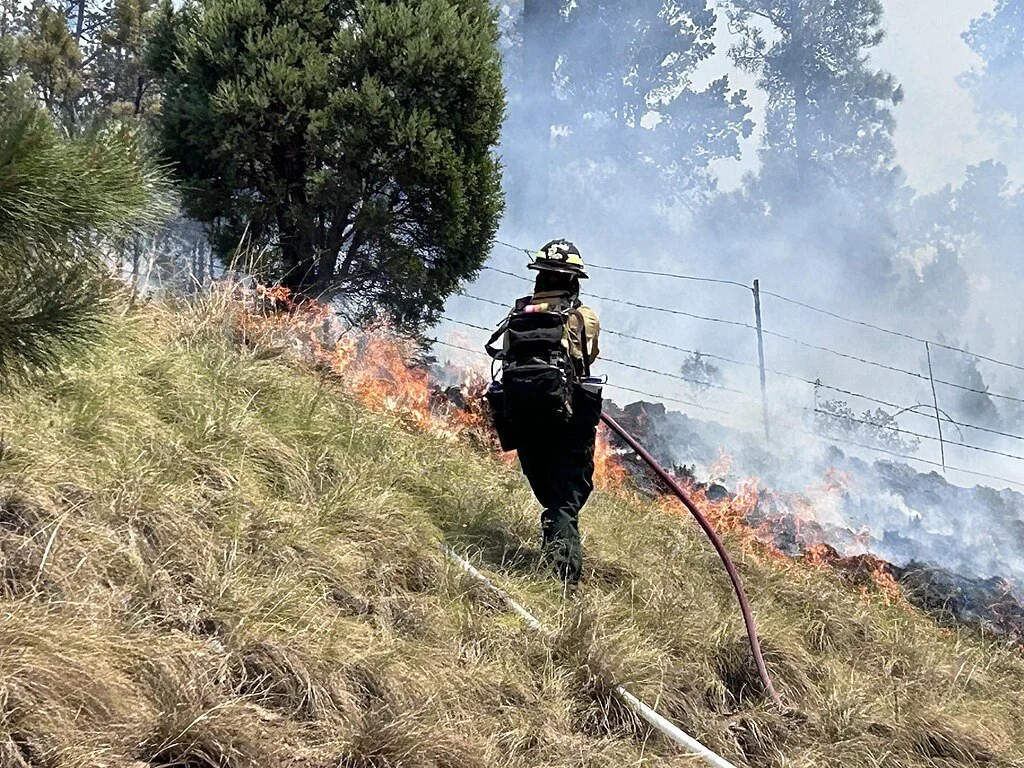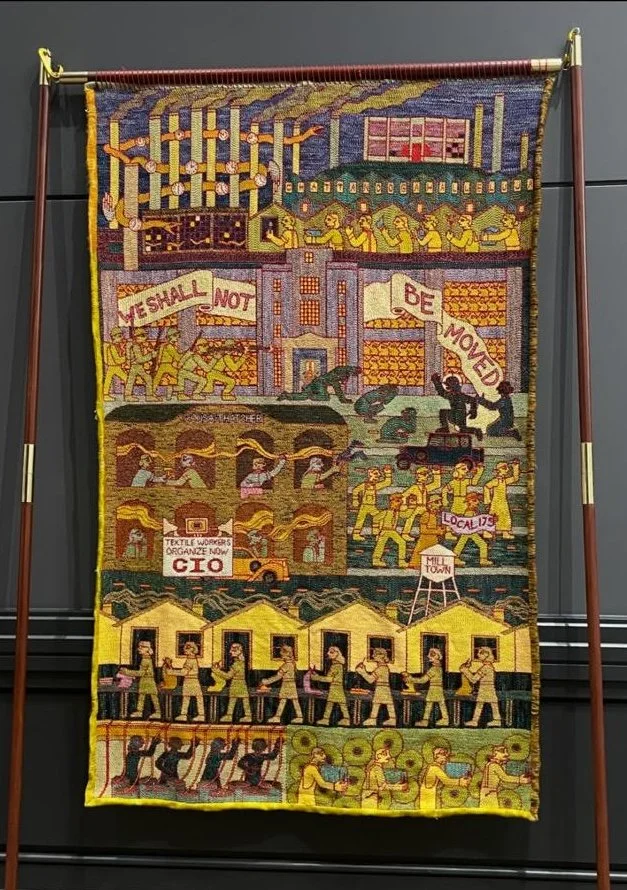
Stories
News

Analysis
Voices
Podcast
Announcements
Events

All Stories
Netanyahu, Collateral Language, and the Gaza Effect
When Israeli Prime Minister Binyamin Netanyahu spoke with international media on October 30, he ostensibly sought to clarify Israel's objectives in its ongoing military assault in Gaza. In doing so, he revealed yet again how language grounded in colonial denial serves to clear the way for the most extreme, even genocidal forms of violence. He also revealed, however, that Israel's brutal bombardment of Gaza may be providing an opening for us to revive a different, more liberating kind of language, one that survives the propagandistic weapons of colonial discourse as embers in the rubble of generational trauma.
Colonization in Palestine is an Objective Reality, Not a Talking Point
As recently as a few years ago, it would have been very unusual to see an article in a major US publication openly trying to refute what much of the world knows: that Israel’s project in Palestine is a settler colonial project. The standard practice was simply to ignore the colonization issue. Yet in recent months, we are seeing more and more pieces seeking to debunk the “decolonization narrative,” all the more so since Israel began its genocidal assault on Gaza after the Oct. 7 Hamas attacks. This is a welcome sign that the colonizers are losing control of the narrative.
“This is not a defense”: Retired Spanish General on Israel’s War in Gaza
As Israel continues its brutal assault on Gaza, I continue to be struck by the difference between some of the news coverage here in Spain (as imperfect as it is) and the coverage I am used to seeing back home in the U.S. In my previous article, I wrote about the Spanish public television program La Noche en 24H and the interview they aired with former International Criminal Court prosecutor Luis Moreno Ocampo. Today I focus on a subsequent interview from the same program aired last night (October 19, 2023).
Media Confronting Genocide: Open Discussions vs. “Shadow Bans”
As I noted in my recent report on Madrid’s October 15, 2023 Palestine solidarity march, protesters here in Spain have been seeking to focus attention on the genocidal aspects of Israel’s actions in Gaza. “No es una guerra, es un genocidio!” (“It’s not a war, it’s a genocide”) is one of the most common slogans heard at these solidarity events. For this reason, I was very interested in an interview featured in Spanish public broadcaster RTVE’s nightly news program La Noche en 24H last evening (October 18). Program host Xabier Fortes sought to shed light on the genocide issue by speaking with one of the most important international voices on war crimes prosecution. It was a refreshingly direct conversation.
News Coverage of the 2021 Colombian National Strike: An Agenda Setting Operation
As Colombia prepares for elections that have the potential to shift the country’s direction significantly, a look back at the country’s 2021 general strike provides a useful window into the forces that have led the country to this point. In particular, a critical analysis of establishment media coverage of the strike reveals the continuing role of dominant institutions in seeking to extend the status quo and undermine the people’s desire for peace and justice after decades of structural violence, dislocation, and corruption.
NPR and Angela Davis: A Tale of Mythology and Missed Opportunities
By John Collins
At a time when socialism is enjoying a resurgence and the structural flaws of capitalism are coming under greater scrutiny, when the evils of mass incarceration are being openly discussed, when even US support for Israel is on the table for debate in Washington, there is no better moment to seek out the prophetic voice of Angela Davis. Yet as John Collins notes in this news analysis piece focusing on National Public Radio (NPR), her voice is rarely found in the broadcasts and pages of US establishment media.
HFCs and Technological Fundamentalism in the News
By Emily Gerber
In this news analysis post, Weave News contributor Emily Gerber explores how coverage of hydroflurocarbons, or HFCs, illustrates the prevalence of what scholar Robert Jensen calls "technological fundamentalism" in American journalism.






































































































